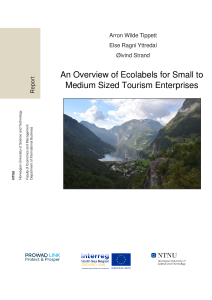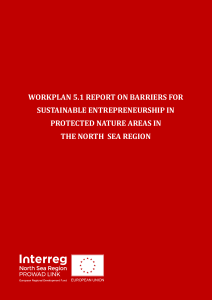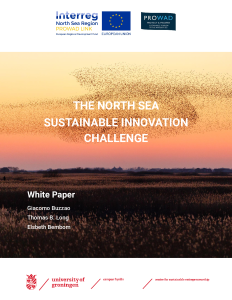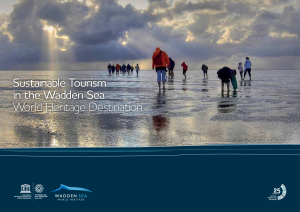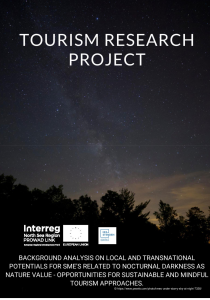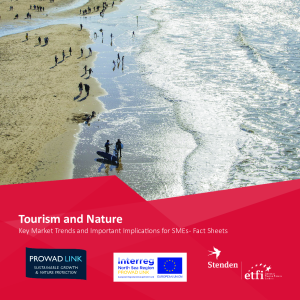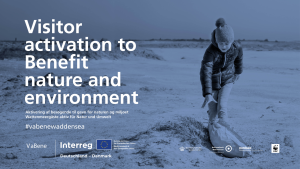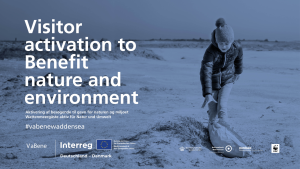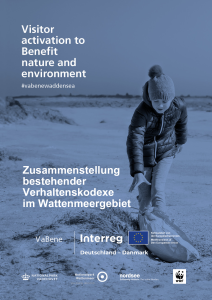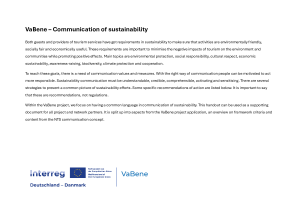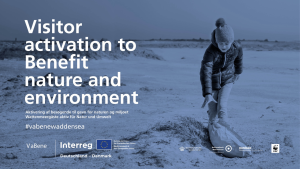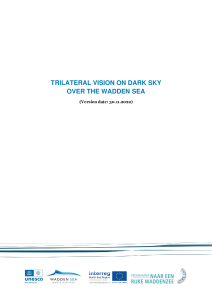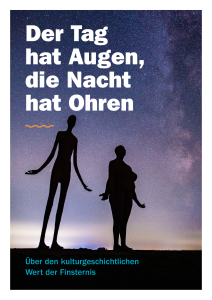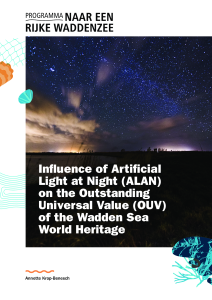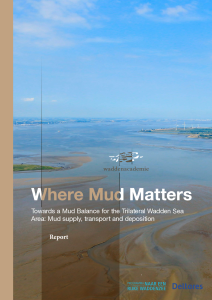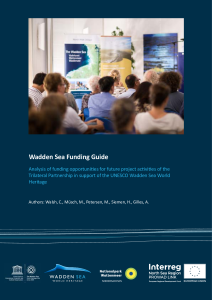Overview of a substantial proportion of relevant ecolabels for small and medium-sized tourism enterprises and excerpt of the report “Ecolabelling for tourism enterprises. What, why and how”.
Materials
This section pools all material connected to the platform. Under fundamental documents you will find helpful publications, websites, videos, and photos on partnering for Wadden Sea World Heritage. Underneath, materials shared in your groups, the networks of t he platform, and materials uploaded by yourself are listed.
Fundamental documents
Sustainable entrepreneurship
-
-
Barriers for Sustainable Entrepreneurship in the Wadden Sea World Heritage Site: An exploratory study
The project partners have compiled a report on what hinders small and medium-sized enterprises (SMEs) to shift to more sustainable solutions.
-
What are ecolabels, why are they useful, and how can they be used – those are the questions answered by the desk study. The report was released by the Norwegian University of Science and Technology (NTNU).
-
Nature-Business and Community development canvas to enhance sustainable practice.
-
The North Sea Sustainable Innovation Challenge 2022 called for ideas that contribute to social, economic, environmental and heritage development in the North Sea region. The concept is outlined in a white paper.
-
Videos showcase the businesses’ stories, visions, and resilience in face of uncertainty during the first year of the pandemic.
-
Stories of small and medium-sized businesses (SMEs) on how they incorporate the responsibility of protecting the nature area around them into their enterprises.
Sustainable tourism
-
Summary of selected results from the trilateral Wadden Sea visitor survey and presentation of best-practice examples from all PROWAD Link pilot areas.
-
A background analysis on sustainable and nature-friendly dark sky tourism.
-
Desk research study “Tourism and Nature – Key Market Trends and Important Implications for SMEs” – as full study and as result overview in form of fact sheets.
Materials from networks
Trilateral Dark Sky Initiative
-
Collection of Wadden Sea stories on dark sky.
The brochure is available in the Dutch, German and Danish: Duistere verhalen - Programma naar een Rijke Waddenzee
The brochure has been commissioned by the Programme Towards a Rich Wadden Sea and supported by the Interreg Project Prowad Link.
-
Influence of Artificial Light at Night (ALAN) on the Outstanding Universal Value (OUV) of the Wadden Sea World HeritageGast26.11.2025
A scientific literature review of the known effect of artificial light at night on organisms and ecosystems in the Wadden Sea or similar habitats. The document collects the most important existing literature, highlights existing knowledge gaps and provides brief recommendations to mitigate these effects.
Partnership
-
The Wadden Sea Funding Guide features a wealth of funding opportunities to support the collaborative, cross-sectoral trilateral work aligned with the core objectives of the trilateral Wadden Sea World Heritage partnership. It aims to provide professional assistance with the task of navigating through the wide range of programmes and associated sea of documentation of potential relevance to the Trilateral WSWH Partnership. The mapping of the funding guide draws multiple pathways for relevant activities, actions, and funding in different topics and scenarios which are relevant for many sectors. It also provides first hints to help manage the project development complex process. The Funding Guide is an important instrument that will support the Trilateral Partnership activities also beyond the Prowad Link project life-time and within the framework of the EU funding period 2021-2027.
